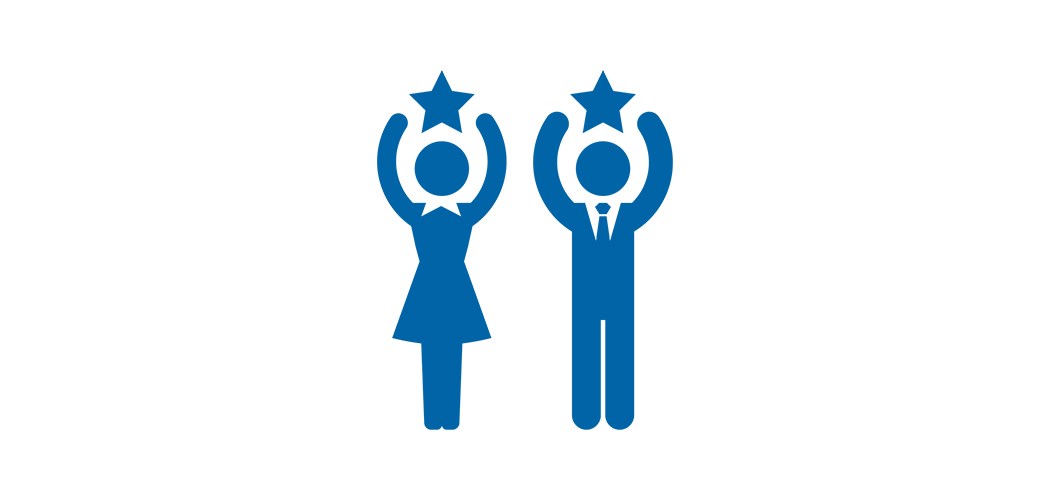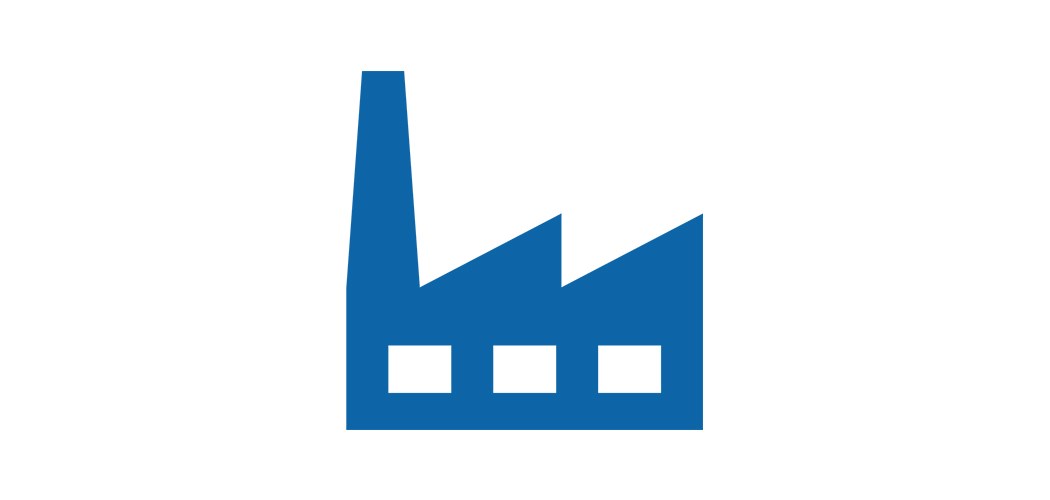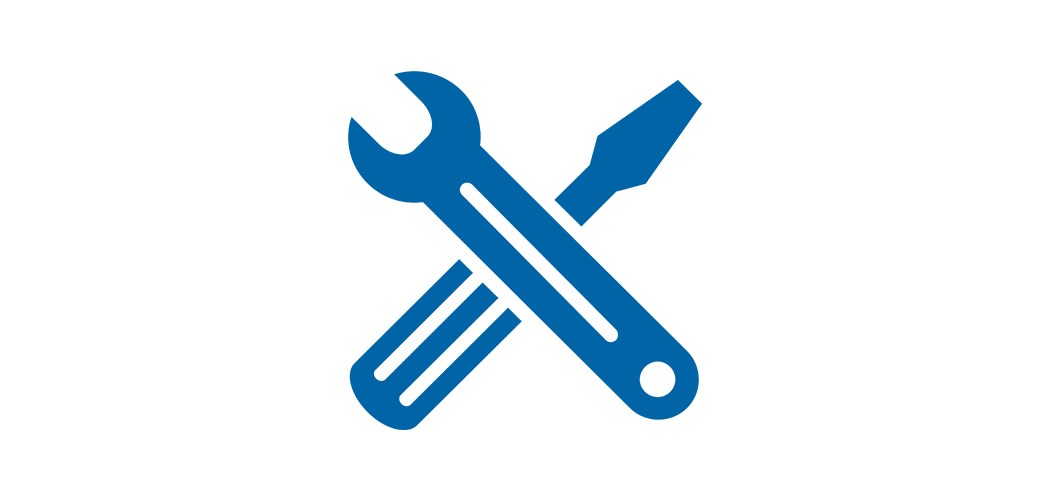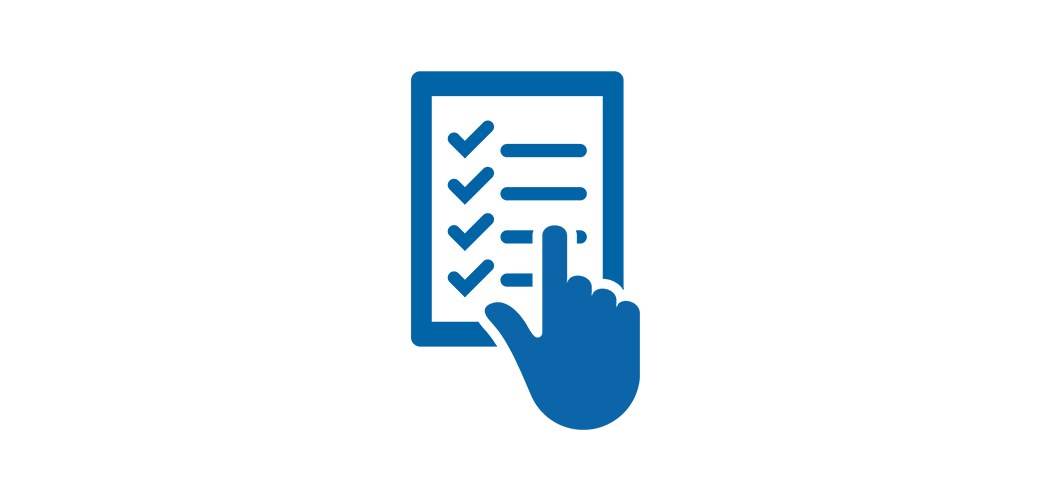The process of finding the right career can be different for each graduate. Here you will find resources for career exploration and planning. If you are still unsure about what to do, we encourage you to schedule a coaching session, where we will provide guidance and support.
A career plan provides orientation It can help you not only to visualize professional goals but also to decide against steps that might be obstructive. A career does not just happen; it needs to be carefully considered and actively pursued. And it is often the result of careful planning. We suggest tools and provide advice and examples on how you can create a career plan for yourself.
Use this worksheet to record and reflect on your considerations about planning your career:
The following tools and questionnaires can help you find out more about your personality and strengths.
Our Career Profiler survey can help you determine your personal career profile.

Find out more about who you are and what your strengths are. (German only)

This questionnaire helps you determine your career orientation.
Career planning deals not only with professional questions but also with questions concerning other areas of life:
Next, you can gather information in the following areas. You can either start from the industries and companies you defined when you listed your interests, or from specific fields of activity and tasks that you enjoy and enable you to contribute your strengths and skills. Record your findings here:
Worksheet Exploration Overview

FH SCHWEIZ
(German/French only)
Jobagent
(German/French only)

Xing / LinkedIn
Kununu / Glassdoor
Great Place to Work AG
as well as websites of companies, chambers of commerce, and trade associations

Overview of
areas of activity:
berufsberatung.ch
Search online, e.g., under occupations, occupational profiles, occupational opportunities, occupational fields, and occupational prospects. (German only)

Find specific job descriptions from job profiles (at least 10-15) that appeal to you. Create your own profile list.
What is important to you when choosing an employer? If possible, draw up a list of priorities. What are “must-haves” and “nice-to-haves” in terms of a future employer? What would be a “no-go”? The list below gives you an idea of what you can focus on:
An excellent way to verify your exploration findings is to contact people who are, or have been in the past, in the industries, companies, or fields of work that interest you. But beware: Networking does not mean asking others for a job. It means exploring networking opportunities and showing a genuine interest in the experience and choices of the people you meet.
Ideal networking opportunities include career fairs, ZHAW SML career events, company events, and online platforms such as Xing or LinkedIn.
You can also use other social networks, blogs, YouTube, Slideshare, and other platforms to keep up to date, get new impulses and make contacts. Become actively involved in communities and groups that deal with your subject area (future field of work).